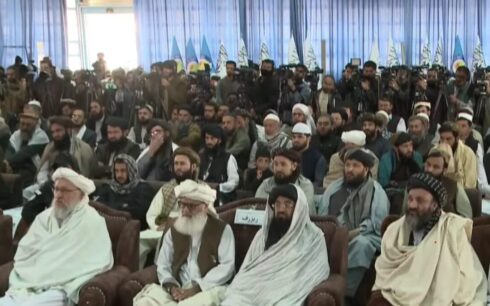WASHINGTON — U.S. Secretary of State Marco Rubio has warned that the Taliban’s lack of full control over Afghanistan’s territory creates opportunities for terrorist groups such as al-Qaeda and ISIS-K to operate in the country.
In an interview with Catherine Herridge on X, Rubio noted that unlike a decade ago, the U.S. no longer has forces on the ground to monitor and counter these threats directly.
Asked whether al-Qaeda and ISIS-K have established safe havens in Afghanistan similar to the pre-9/11 era, Rubio responded:
“Well, I wouldn’t say it’s the pre-9/11 landscape. But anytime you have contested territory where the government does not fully control every part of the country, it creates opportunities for these groups.”
Rubio acknowledged that the Taliban’s response to terrorist activity has been inconsistent.
“In some cases, the Taliban have cooperated when told that ISIS or al-Qaeda operatives are in certain areas. In other cases, not so much,” he said. “So, while I wouldn’t compare it to pre-9/11, the situation is far more uncertain—and it’s not just limited to Afghanistan.”
Rubio’s comments come amid a recent U.N. report stating that the Taliban continue to provide shelter and protection to al-Qaeda operatives across Afghanistan.
According to the report, low-profile al-Qaeda members are living under the watch of Taliban intelligence in Kabul neighborhoods, including Qala-e-Fathullah, Shahr-e-Naw, and Wazir Akbar Khan. Meanwhile, senior al-Qaeda leaders have been relocated to rural strongholds in Sar-e-Pul, Kunar, Ghazni, Logar, and Wardak provinces.





